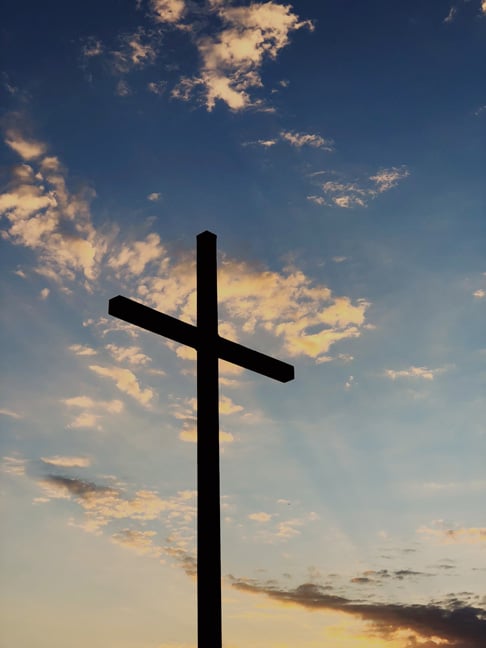“Comfort, O comfort My people, says your God.” Isaiah 40:1
This year The Outlook is beginning a study of what many people consider to be an outdated document. Some ministers have said it takes us away from the Bible. Still others, even within reformed circles, refuse to preach on it. With this issue we begin a look at the Heidelberg Catechism.
An Age of Fear
The Heidelberg Catechism was written in a day and age filled with fear. Other catechisms written at the time were stressing guilt before a holy God. The church of the day was pointing to the people in the pews and telling them to fear God’s judgment. People were hearing the message: “Tremble under the wrath of God lest He send you to hell where there is weeping and gnashing of teeth forever.” In the middle of all of this fear, the Heidelberg Catechism asked the question: “What is your only comfort in life and death?”
In 1997, Pope Paul VI, on his eightieth birthday was quoted in Time magazine saying: “We feel the fragility of human life. The fear of God’s judgment at the moment of death is always present and full of mystery.” This quote came from the Pope of the Roman Catholic Church, a man considered by many to be the most pious and most religious person in the whole world. And he lived in the fear of God’s judgment! The Heidelberg Catechism asks, “What is your only comfort in life and death?” The living God speaks to the prophet Isaiah and tells him to “comfort, O comfort my people.”

When you tour the cathedrals of Europe, once you get beyond the gargoyles and the frightening carvings on the outside of the building, there is at the doorpost of each cathedral a gruesome, ominous portrait of the last judgment. It is painted there to entice fear into all who enter the cathedral – fear of the second coming of Jesus Christ. The Heidelberg Catechism has at its doorpost and throughout its entirety “comfort.”
The Theme of the Catechism
The whole theme of the catechism from Lord’s Day 1 to Lord’s Day 52 is comfort. A comfort that is found in Jesus Christ.
• Question 1 asks: “What is your only comfort in life and death?”
• Question 2 asks: “What must you know to live and die in the joy of this comfort?”
• Question 52 asks an incredible question: “How does Christ’s return ‘to judge the living and the dead’ comfort you?”
The Heidelberg Catechism is rich and full of comfort – personal comfort for God’s people through Jesus Christ.
It is important to know that the mid-1600s, when this document was first written, was not the first time this comfort had ever been proclaimed. This was not something that the authors of the catechism, Casper Olevianus and Zacharius Ursinus, thought up out of the blue.
God had already come to Adam and Eve in the Garden of Eden and promised them comfort. In a world that was suddenly stained with sin, God said He would put enmity between the seed of the serpent and the seed of the woman. God also promised that the day would come when the child of the woman would crush the head of the serpent.
Throughout the Old Testament the people of God awaited the Comforter – the One who would “speak kindly to Jerusalem; and call out to her, that her warfare has ended, that her iniquity has been removed. (Isaiah 40:1)” Comfort!
The systematic approach that the Heidelberg Catechism takes toward Scripture can be reflected in Lord’s Day 1, which is a summary of the Heidelberg Catechism. The flow of the very first answer, as well as the flow of the whole catechism is taken from another systematic theologian – the Apostle Paul. Look at the similarities in Answer 1 and Romans 8 where Paul writes:
:31 “If God is for us, who can be against us?” :35 “Who shall separate us from the love of Christ?” :38 “I am convinced that neither life nor death, nor height nor depth, nor anything else in all creation will be able to separate us from the love of God that is un Christ Jesus our Lord.”
As we look at the catechism in the upcoming issues of The Outlook, keep an eye open for that theme throughout the articles. Comfort in life and comfort in death which is ours because of Christ.
Rev. Wybren Oord is the pastor of the Covenant United Reformed Church in Kalamazoo, Michigan and editor of The Outlook.
